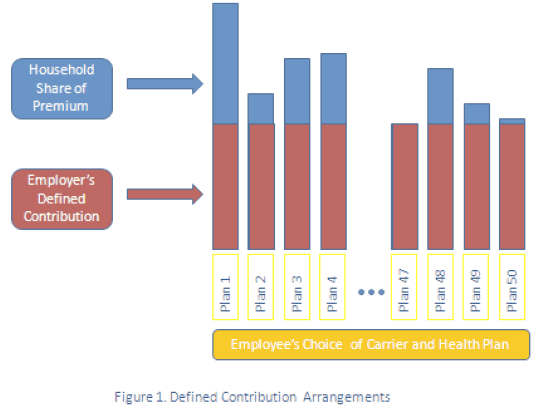I'm not going to try to defend the profitability of private insurance companies. I've seen too many very nice buildings to not believe that these guys make money.
However, I've seen too many cost calculations from the government that say we are saving bundles of cash and then end up spending more than we spent previously. Unless the 1/5 figure is supported by something outside of government fantasy figures, i would tend to think that it's either an unintentional lie or an intentional one.
The lie is not yours. I've heard that figure elsewhere. Still, it challenges credulity that the government can do something cheaply when there is no incentive to do anything cheaply.
It's actually pretty simple when you think about it. Medicare handles so many claims that is has massive economics of scale.
Read this "CONTROL"
Congrats Klop.
YOU have cemented your stance as one of a fucking Statist.
Control? Last time I checked, the government doesn't own hospitals and doctors are not government employees.
The idea I expressed is basic economics. It cost a lot less to move from producing 999,999 to producing 1,000,000 than it does to go from 0 to 1 to 2.

